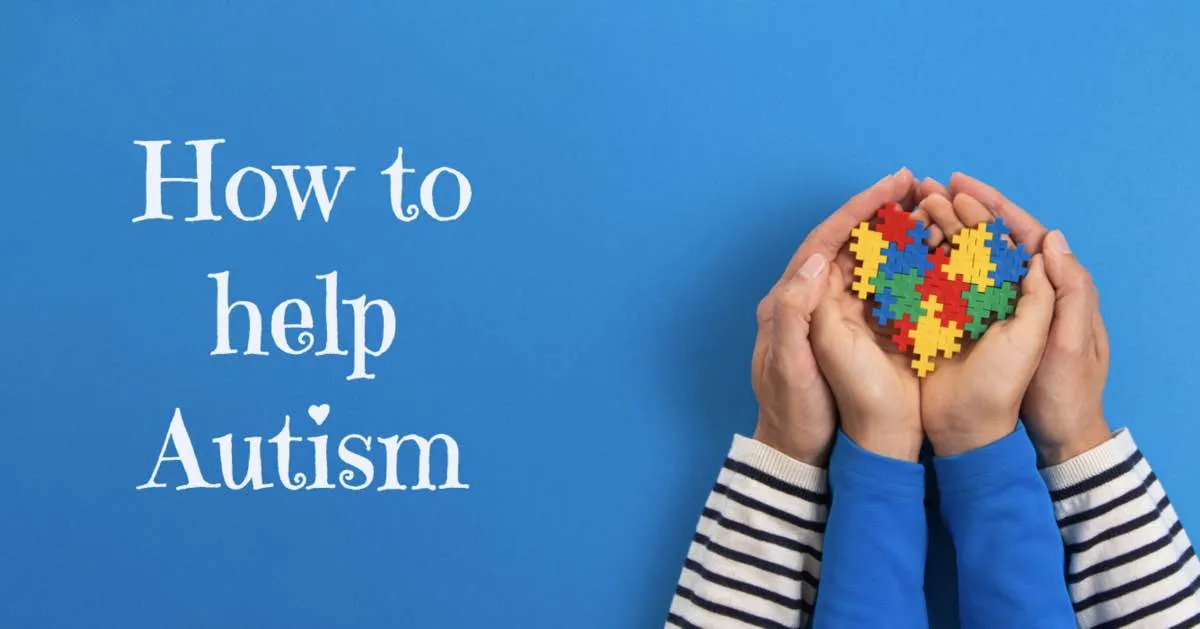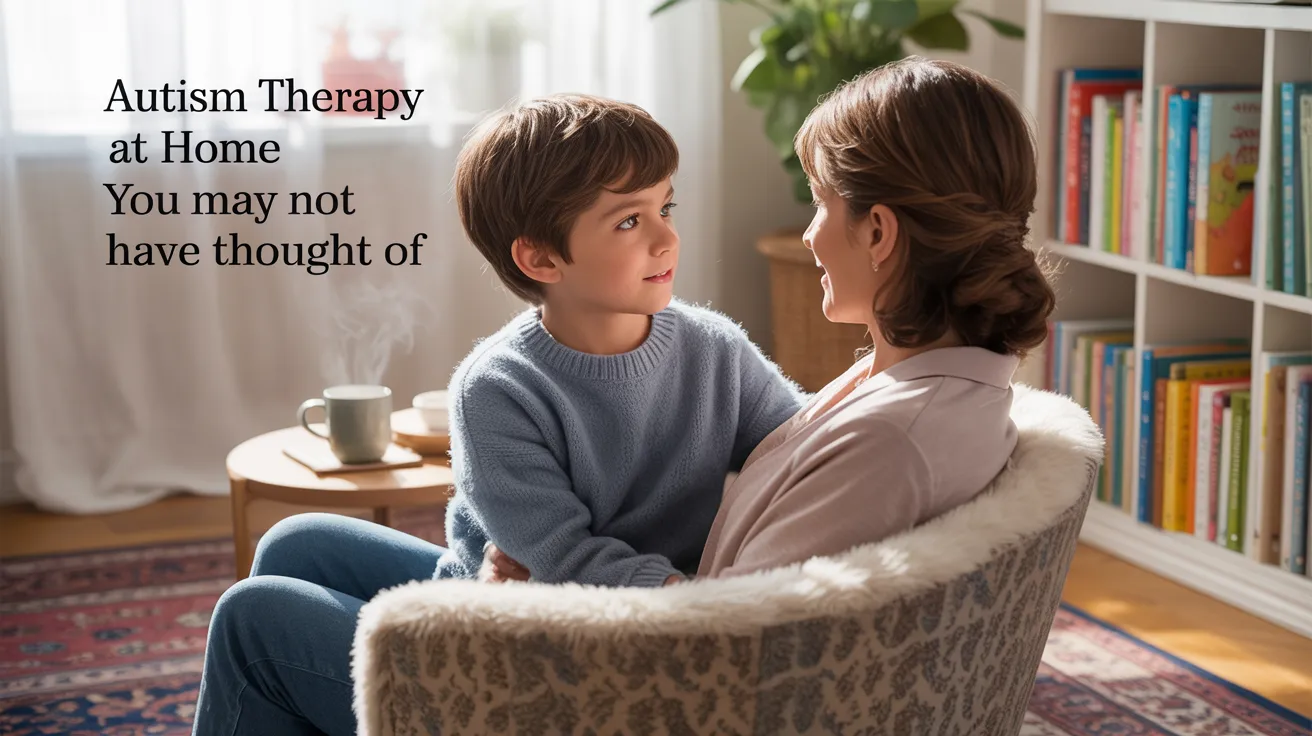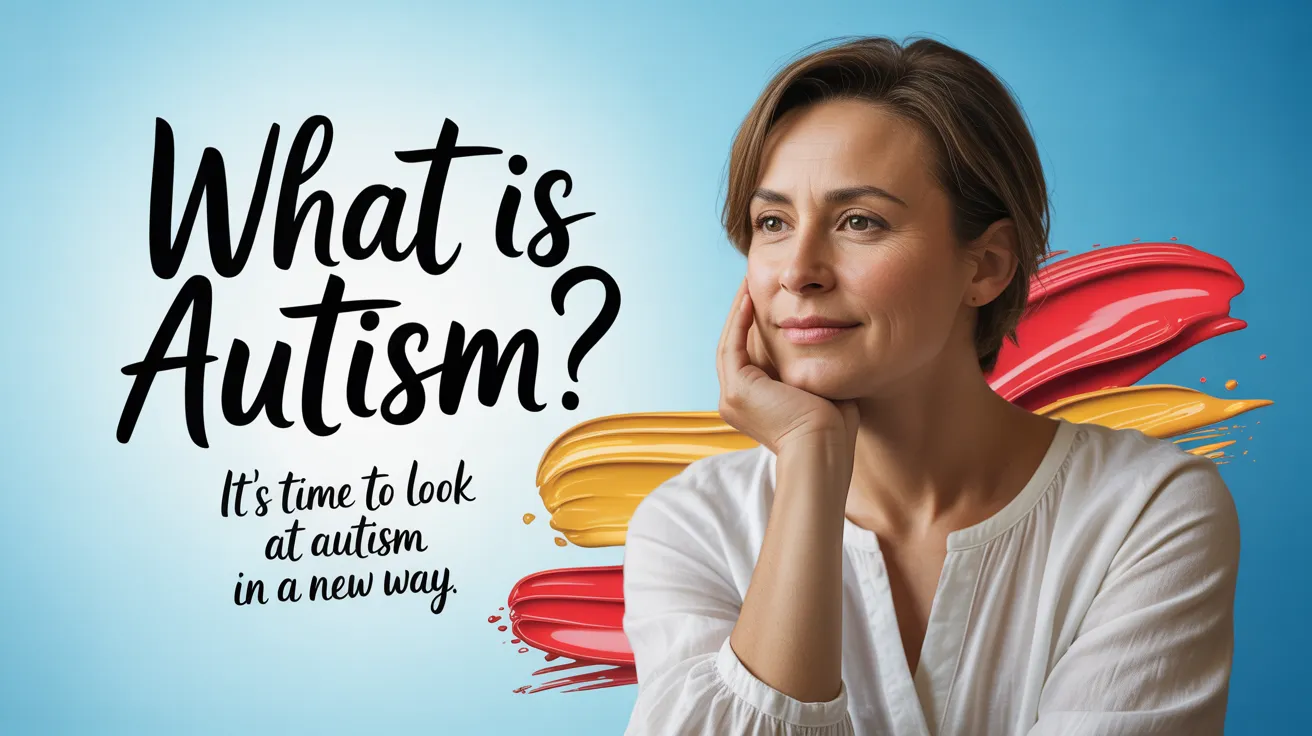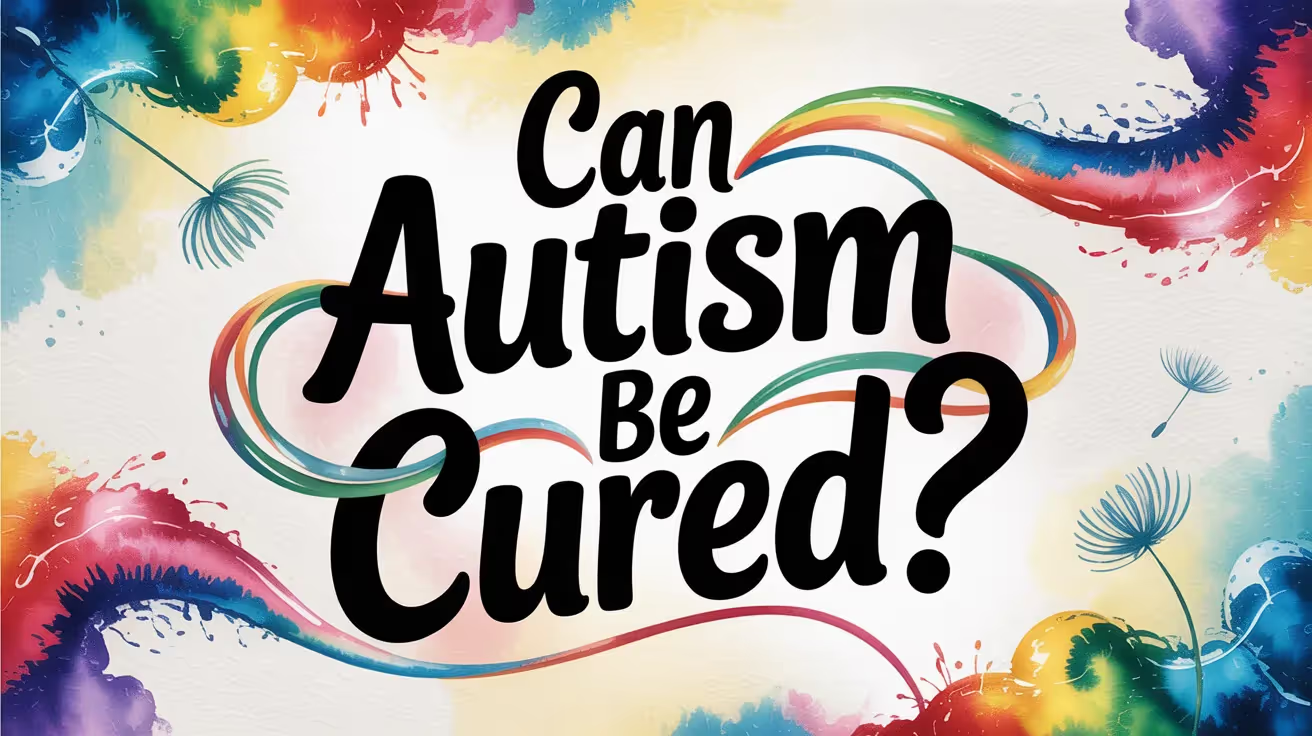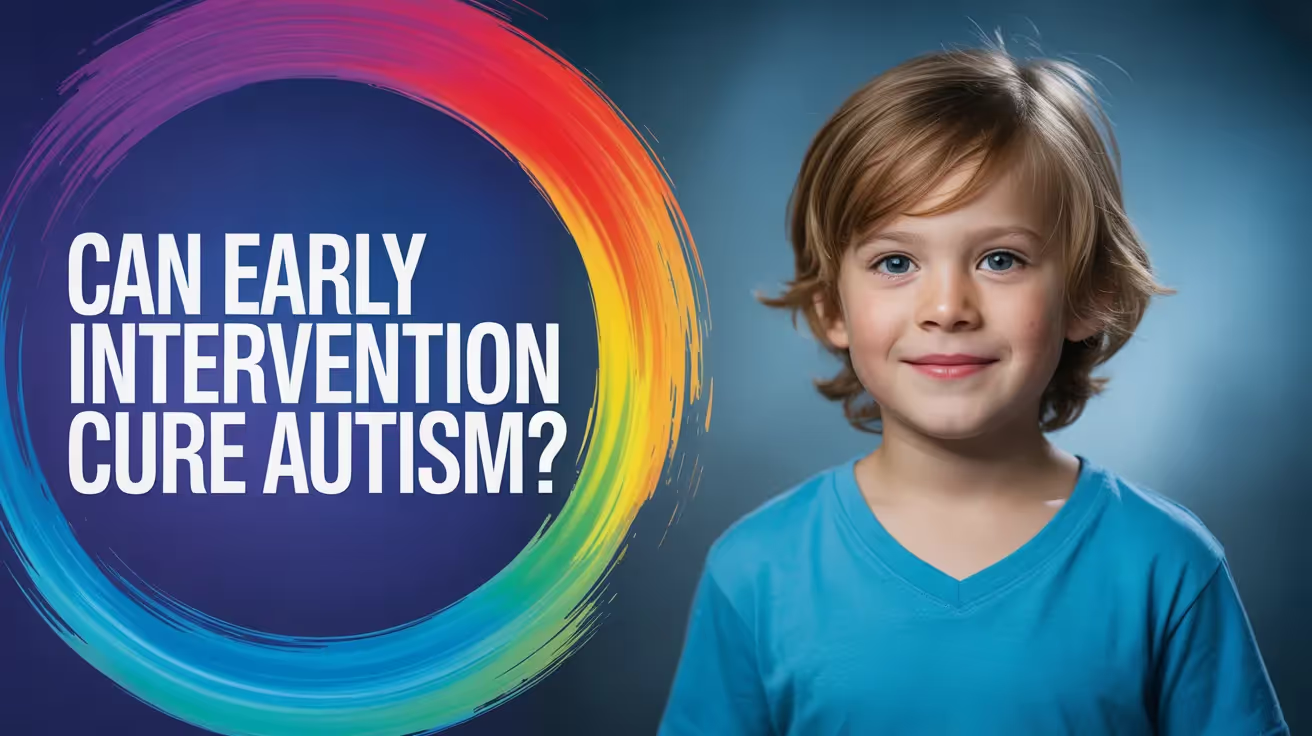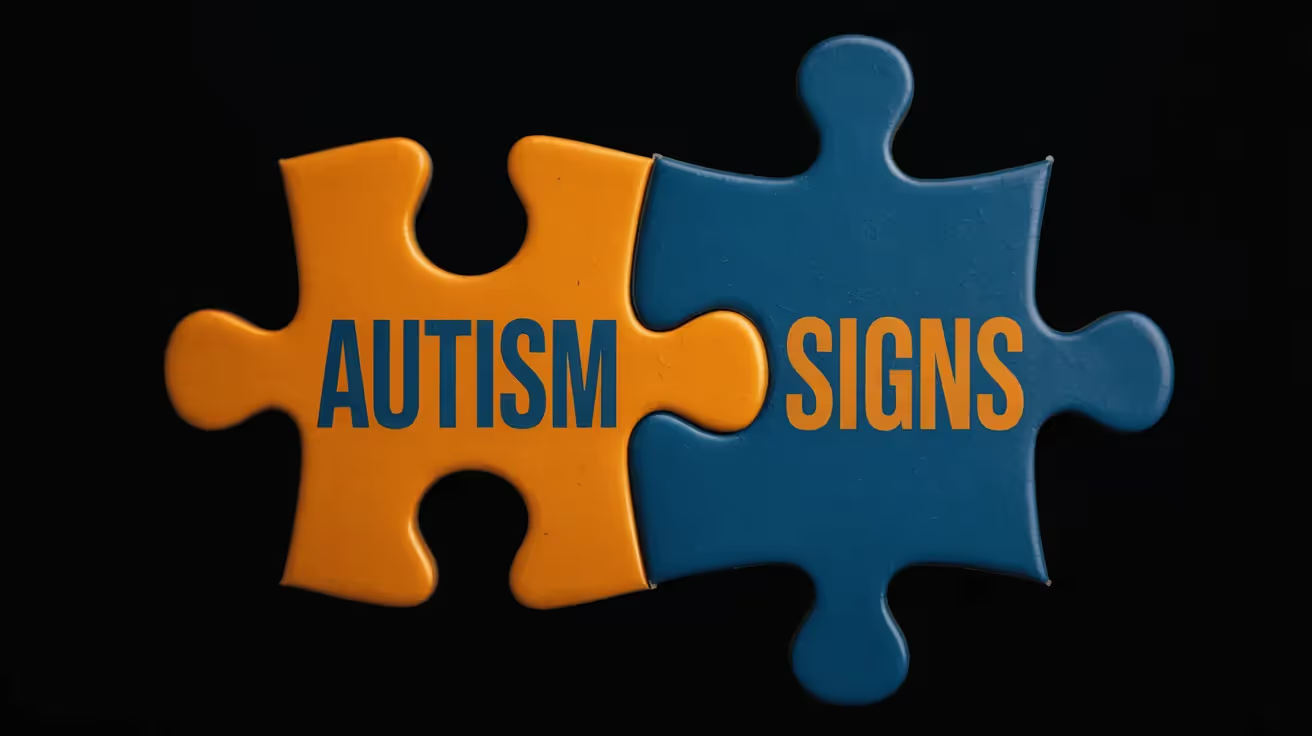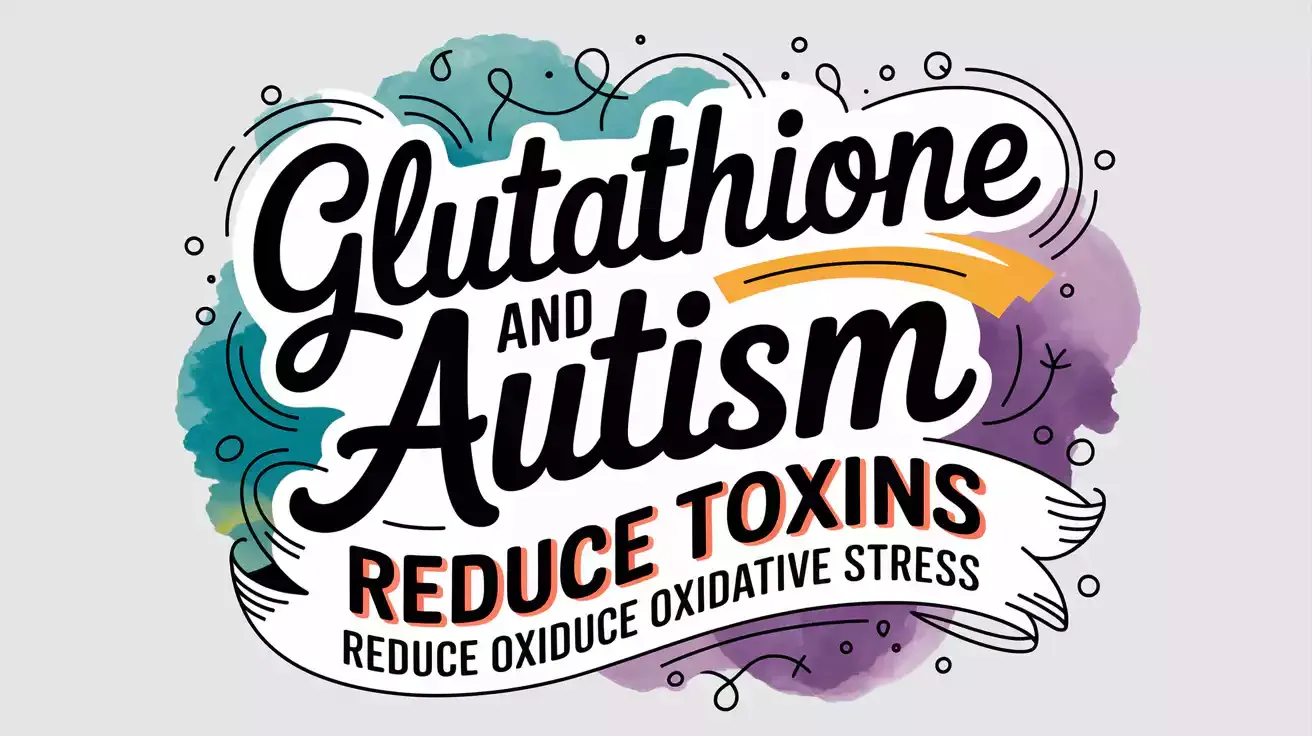How To Get Started To Help Autism
The average parent will spend approximately 20 years with their child. For children with autism spectrum disorder, this may be longer, and certainly additional skills are needed by parents to help their child with autism. Autistic children are sure to experience their fair share of growing pains. When it comes to raising your child, there’s little book learning necessary. Simply being present and aware of your children's cues is more important than any information you'll get from reading blog posts and books.
The way children develop is somewhat influenced by the parental responses they receive during these formative years. In order to raise happy, healthy children, it’s necessary for parents to understand the underlying issues of their challenges and support them accordingly.
Parenting children with autism raises even more challenging experiences. Challenges arise for the child on the spectrum, their siblings and their parents.
Understand Your Child’s Needs
One of the most important things to remember is the difference between wants and needs. Children in general express their wants, and we respond, but only a subset of these are actually needs. It's not to say that we shouldn't respond to their wants, but we should have some awareness of the difference.
When it comes to needs, for autistic children, they can be hidden. A child on the autism spectrum may not have the ability to express their needs in a way that is easy to understand. To really help a child with autism, it's important to increase your awareness so that their needs can be uncovered. Simply opening up your awareness and really looking for and noticing the patterns can go a long way to truly helping your child with autism.
Unfortunately, books and theory can get in the way of a parent's ability to have strong awareness and notice the patterns. This doesn't mean that you shouldn't read books to help with your knowledge of autism and parenting. You should, however, understand that you will expand your perspective on the subject from reading, but don't fall into the trap of using the books to form rigid beliefs and rules that get in the way of helping your child. It's interesting to me how many rigid beliefs the 'autism experts' have, while judging children with autism as being rigid.
Your child may have simpler needs than you think. They may need happy and empathetic parents. They may need some structure, routine and boundaries that aren't enforced by rewards and consequences. They may also need the often overlooked need that we all have - nutrition.
Children with autism are often misunderstood by those who have never walked in their shoes. This means that it takes time for the parents to understand their child’s developmental needs and learning style. As a result, it can be challenging to know how to best help your child with their condition. It can also be difficult for your child to communicate with you about what is going on in their head. Many children with autism are very intelligent, but they make up for this intelligence with sensory overload when it comes to feelings and emotions. This means that your child may not use words to explain what is happening and might instead act out physically or verbally—or both! It's important for parents to be patient and understanding of this trait of autism so that the child knows they are supported no matter what.
Don't Wait For An Autism Diagnosis
Many parents, understandably so, wait for the experts to make their diagnosis and recommendations. This has a lot to do with the reality that most parents don't know much about autism until they have it in their own family. It's understandable that parents would then wait for the experts to diagnose and plan a course of action.
Early intervention is very important, however. It's important because children develop quite quickly when they're young, so delay can cause delay in development and even cause certain key milestones and learnings to be missed completely.
Some parents choose to use the period prior to a diagnosis to make some changes to diet and lifestyle, so that their children have the best opportunity to develop. Being healthy, happy and energetic will help your child explore life and work towards overcoming their challenges and delays.
Consider joining online communities to share support for you and your family to help you get started. Many families are further along the road than you, and can be of tremendous help.
Open Your Mind To New Ways Of Thinking
Let's be honest. We haven't nailed the subject of autism. There's still a lot to learn and uncover. We know the tick boxes to use to make a diagnosis, and some strategies to reduce the impact of the tick boxes, but the science isn't settled yet on the best treatment. There are signs that some of us have given up on finding better ways to help our kids with autism, and we should just continue our current approach without change long into the future. That may be fine for an expert without a child on the spectrum to say, but some parents like us want to explore everything possible, looking for ways to help our children overcome challenges.
Consider this example - Autistic people may have trouble in social situations. Their social skills may be less developed than others. This may be that they had things getting in the way during their development, so that people with autism seem to be socially clumsy in their teen and adulthood. Early intervention, therefore, often works on their social skills quite heavily through play. In other words, we get them to practice social skills harder. The thing that is in the way of developing social skills is still there, however.
To help a child develop their social skills, we need to find out what's getting in the way, and help them with that as well. It could be sensory overload in noisy social environments or auditory processing issues that make it hard for them to follow another person's train of thought and respond as expected. It could be confidence or social anxiety. Eye contact could be difficult due to visual processing issues and/or inflammation in the brain. I could go on. There could be many reasons, yet rarely does anyone explore and address the issue that's getting in the way. They just train social skills harder.
Don’t Expect An Overnight Fix
You will try many things to help your child with autism, from the standard group of professionals, to sensory tools and nutrition. With whatever you choose, the improvements will be incremental. There will be setbacks. It's unlikely that you'll even see constant and steady slow improvements. You'll see ebbs and flows with what seems like two steps forward and one step back. Remember to set realistic expectations.
Don't Forget About Your Own And Your Family's Wellbeing
Having a child diagnosed on the spectrum is a heartbreaking experience. Then add all the challenges on top of that, and you get a stressed and sometimes broken parent. Don't spend all of your tank on your child on the spectrum. Take some time to fill your own tank.Your whole family is effected by the experience and challenges that come with parenting a child on the spectrum. Remember to take time to connect with and be present with your whole family.
Additional Ideas To Help Autism
Forming a strategy is important to build a bit of structure around your approach to navigate your new life, and help your children. As mentioned earlier, many experts that have studied an aspect of autism may have shut themselves off from other important aspects to focus on. Sometimes when we read and study a subject, we consider ourselves experts, simplify our knowledge by taking on assumptions that only stand in a narrow context, then apply this to every situation. If we're trained on using a hammer, we see nails.
It's great for parents to read and learn, so long as they desire to continue learning and are open to altering their beliefs as new information presents. I recommend using the standard approach to helping autism, with occupational therapists, psychologists and speech pathologists. However, consider seeking additional ideas. Those professionals are trained a certain way, and often view autism only within the context of their profession.
Here are some additional things to consider adding to your treatment options.
Nutrition - Nutrition helps us all feel and perform better. Dietary changes often have profound impacts on children on the spectrum. Please explore our other posts that cover areas such as gut health and healing autism. Our post on ADHD also has some information about nutrition.
Primitive reflexes - Consider finding an occupational therapist or similar that addresses primitive reflexes.
Improving sleep - Implement a sleep routine that works and consider low blue light lighting. Improved lighting may also help sensory issues. Sleep is key to feeling good, which helps everything!
Meditation - In our western world, meditation is used as a strategy for calming down and relaxing. It's wise to implement a mediation practice to help you and your child cope with challenges. The key foundation to get started with is slow breathing. This doesn't mean deep breathing. It means breathing less, and raising tolerance to carbon dioxide. This alone can have profound impacts on some symptoms of autism.
Mindfulness - Yes, mindfulness is different to mediation, although mindfulness can be used in meditation. Developing mindfulness will help your child understand their body and how they are feeling, leading to being able to articulate more about their challenges.
There are, of course, many other ideas to explore. Always keep an open mind and pay attention to the signs that will appear.
For further help in your journey in the world of autism, explore our other posts including - healing autism naturally.
Frequently Asked Questions.
How can I empower myself as a parent or caregiver to better support my child's development?
Empowering yourself involves education, self-care, and community engagement:
- Educate Yourself: Learn about autism and effective intervention strategies through reputable sources, workshops, or support groups.
- Build a Support Network: Connect with other parents, caregivers, and professionals to share experiences and advice.
- Prioritize Self-Care: Take time for yourself to manage stress and maintain your well-being, which directly benefits your child.
- Advocate for Your Child: Be proactive in communicating with schools, therapists, and healthcare providers to ensure your child's needs are met.
- Stay Positive and Patient: Celebrate small achievements and remember that progress is often gradual.
By arming yourself with knowledge and support, you can foster a nurturing environment that promotes your child's growth and happiness.
What are some effective ways to support a child with autism at home?
Supporting a child with autism at home involves creating a structured, predictable environment combined with patience and understanding. Here are some effective strategies:
- Establish routines: Consistent daily schedules help reduce anxiety and improve behavior.
- Use visual supports: Visual schedules, picture cues, and social stories can aid communication and understanding.
- Encourage communication: Utilize alternative communication methods like sign language or communication devices if needed.
- Promote sensory regulation: Identify sensory preferences or sensitivities and incorporate calming activities or sensory tools.
- Positive reinforcement: Reward desirable behaviors to encourage learning and cooperation.
- Limit overstimulation: Create a calm environment and recognize signs of sensory overload to prevent meltdowns.
Remember, every child is unique, so tailoring strategies to your child's specific needs is key to effective support.
How does early intervention help children with autism, and when should it begin?
Early intervention is crucial because it can significantly improve developmental outcomes for children with autism. It typically involves specialized therapies that target language, social skills, behavior, and cognition. The benefits include:
- Enhanced communication skills: Early speech and language therapy can promote better vocabulary and interaction abilities.
- Reduced behavioral issues: Interventions help manage challenging behaviors before they become ingrained.
- Improved social development: Early programs foster social interaction and peer engagement.
- Support for families: Early intervention provides guidance and resources for caregivers.
It is generally recommended to start intervention as soon as a delay or difference in development is observed—often around 18 months to 2 years old. Early detection and prompt action can lead to better long-term outcomes.
What types of therapies are most beneficial for children with autism, and how do I choose the right ones?
There are several evidence-based therapies that can support children with autism, each targeting different developmental areas:
- Applied Behavior Analysis (ABA): Focuses on reinforcing positive behaviors and reducing undesirable ones through structured techniques.
- Speech Therapy: Helps improve communication skills, including language, speech, and social pragmatics.
- Occupational Therapy: Aims to develop fine motor skills, sensory regulation, and daily living skills.
- Social Skills Training: Focuses on promoting interaction, turn-taking, and understanding social cues.
- Developmental or Floortime: Emphasizes emotional and developmental growth through play-based activities.
To choose the right therapies:
- Consult professionals: Work with developmental pediatricians, psychologists, or specialists who can assess your child's needs.
- Observe your child’s responses: Some children respond better to certain approaches depending on their strengths and sensitivities.
- Consider your resources and preferences: Evaluate available options, costs, and location convenience.
- Be flexible: It may take trying a few approaches before finding what works best for your child.
What are some emerging or innovative approaches in autism support that parents should know about?
Advances in autism support are continually emerging. Some innovative and promising approaches include:
- Technology-Assisted Interventions: Use of apps, virtual reality, and robotics to enhance learning and social skills.
- Teletherapy: Providing therapy sessions remotely, increasing access for families in remote or underserved areas.
- Genetic and Biomedical Research: Investigating underlying biological factors and exploring dietary, supplement, or medical interventions—though these should always be discussed with healthcare providers.
- Music and Art Therapy: Using creative modalities to promote communication, emotional expression, and sensory integration.
- Mindfulness and Stress Reduction Techniques: Teaching families and children coping strategies to manage anxiety and sensory overload.
Staying informed about these emerging approaches involves following reputable research, supporting ongoing clinical trials, and consulting with experienced professionals.
What specific technology tools or devices can help children with autism improve their skills?
There are various technology tools and devices designed to support children with autism in communication, learning, and sensory regulation. Some popular options include:
- Communication Devices: Speech-generating devices and apps (e.g., Proloquo2Go) facilitate communication for non-verbal or minimally verbal children.
- Visual Schedules and Apps: Digital visual supports (e.g., Choiceworks, Bee-Bot) help in routine management and decision-making.
- Augmentative and Alternative Communication (AAC): Devices that support alternative communication methods.
- Sensory Apps and Devices: Apps that offer calming visuals or sounds, and sensory tools like weighted vests or sensory swings.
- Virtual Reality (VR): Emerging use of VR environments for social skills training and desensitization to sensory stimuli.
When choosing technology tools, it’s essential to consult with therapists or specialists to ensure they meet your child's specific needs and capabilities. Proper training and integration into daily routines maximize their effectiveness.
What helps autism?
There are many ways to help children with autism thrive and reach their fullest potential. The most important thing to remember is that every child is unique, and what works best is a personalized approach that meets your child’s specific needs.
It's important to consider a range of options and select a good mix of different types of therapies and lifestyle changes.Lifestyle changes to improve health and reduce the common biological symptoms of autism are important but often overlooked. Reducing inflammation, toxin load, improving gut health, and increasing nutrients through a healthy diet are essential for helping children with autism. This post, along with the posts listed below, covers this topic in detail.


